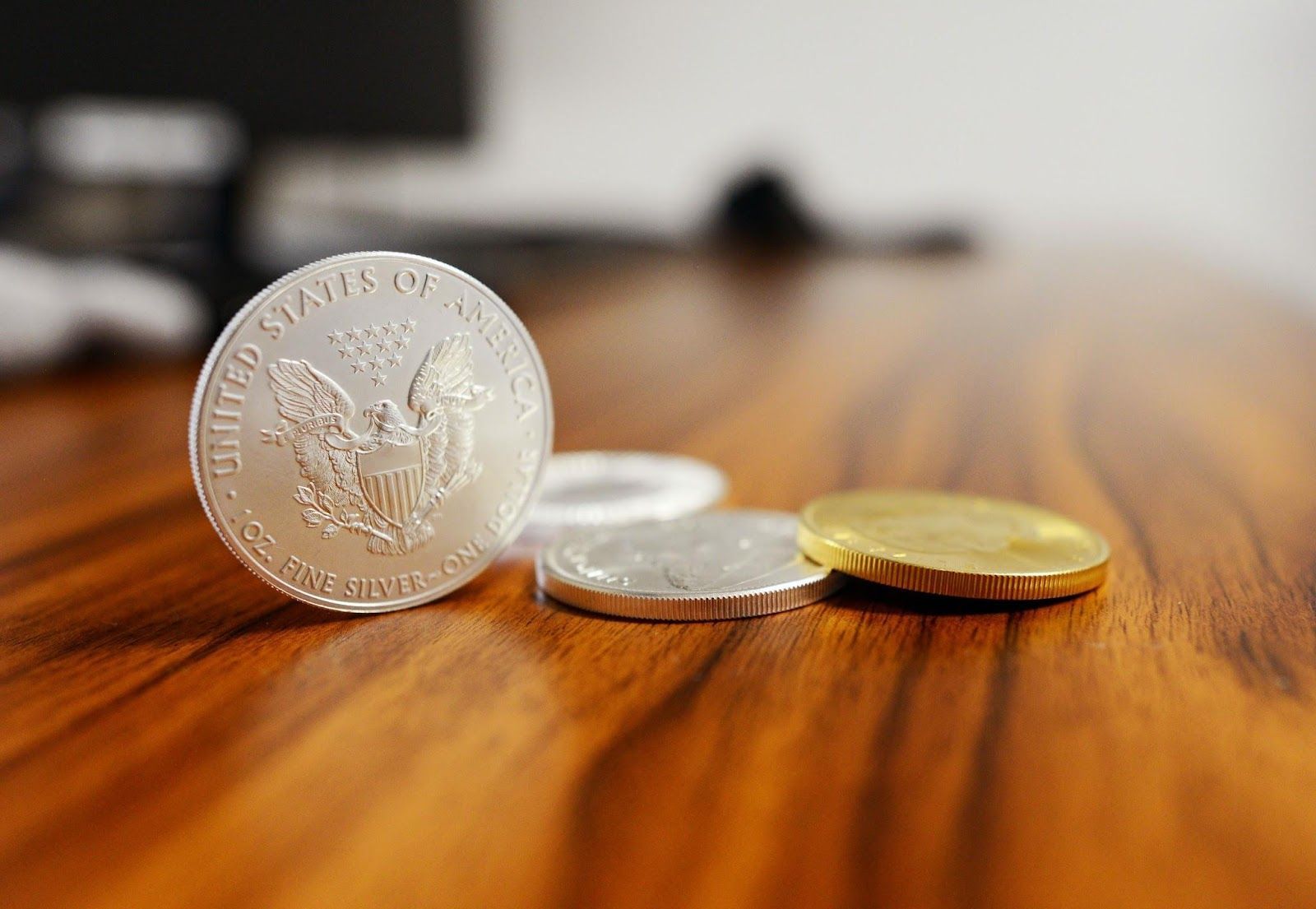FROM BABY BOOMERS TO GEN-Z
Don't be a square! 10 slang words from then to now
Published on November 23, 2023
 Credit: Johnny Cohen
Credit: Johnny Cohen
When a person born in the 1960s talks to someone born after the millennium, two distinct linguistic universes collide. That doesn’t mean they can’t understand each other, though–and despite (sometimes) vastly different perceptions about the world, both may have more in common than they happen to realize.
Slang are words or expressions used informally by people of a certain group that tend to be associated with a particular identity or experiences, and that often reinforce cultural ties within a generation or identity group. For anyone out of the loop, most slang is indecipherable, as all parents of teenagers or foreign English learners soon discover.
But many slang words and expressions go back to the same ideas, fulfilling the necessity to show approval or dislike of certain things that make up the life experiences of their users. Language is amazingly flexible, but how we talk—and what we talk about—always comes down to our main experiences and things that we can relate to on an everyday basis.
If you don’t believe us, join us to learn the meanings behind the sometimes cryptic language of Gen-Z and the equally baffling expressions from the Baby Boomer generation.
Lit
 Credit: Skye Studios
Credit: Skye Studios
Something that is very good, exciting, or enjoyable. Do you like what you see? Just say ‘Lit’. If you haven’t heard this expression, you must have been living under a rock. ‘Lit’ is used everywhere, even by savvy millennials who don’t want to be left out yet.
Salty
 Credit: Emmy Smith
Credit: Emmy Smith
Someone is salty when they are angry or upset about something minor. A favorite of gamer teenagers. When you lose a game, you are probably gonna be salty about it. For older folks, think ‘ticked off’.
Ghosting (someone)
 Credit: Tandem X Visuals
Credit: Tandem X Visuals
‘Ghosting’ is the practice of cutting communication, usually over social media, with someone you are no longer interested in. While the act of vanishing is as old as the hills, the act of ghosting has an implicit connotation of happening through social media chats. Gen-Z is—for some reason—terrified of using phones as… well, phones, and would never directly call each other.
Fire
 Credit: Nijwam Swargiary
Credit: Nijwam Swargiary
Something extremely cool. So, when a Gen-Z says, ‘Her fit at the party was fire’, you can translate it as ‘Her threads at the party were groovy’. Get it now?
Disclaimer: Intermediate generations between Baby Boomers and Gen-Z might be a bit confused now.
Flex
 Credit: Ben White
Credit: Ben White
To ‘flex’ is just another way of saying that someone is showing off. Ok, this one probably resonates more with younger Millennials, but has its place in the Gen-Z vocabulary. The word originated with the slang phrase ‘weird flex but OK’, meant as a mocking answer to someone bragging about something unusual or questionable.
Groovy
 Credit: Nick Karvounis
Credit: Nick Karvounis
Cool. Come on, anyone who has ever seen Austin Powers or any movie about the sixties and seventies knows this one. You can still say ‘groovy, baby!’ and everyone will get it, but people may laugh. Don’t say I didn’t warn you.
Having a gas / It’s a gas
 Credit: Brian Lundquist
Credit: Brian Lundquist
Having fun, or in reference to something that it’s fun or good. Nothing to do with gasoline, but some people speculate there might be some relation to the effects of nitrous oxide intoxication - also known as laughing gas.
In any case, the first record of usage of the word ‘gas’ with a similar meaning is in 1839 under the pen of Charles Dickens. He wrote ‘Everything is gas and goiters’.
Square
 Credit: Hardini Lestari
Credit: Hardini Lestari
Someone uncool or unfashionable. As is often the case with a lot of slang words used by the Baby Boomer generation, the word ‘square’ originated in the American jazz scene of the 1940s, meaning musically outdated people.
Drag
 Credit: Sepp Rutz
Credit: Sepp Rutz
Boring. When something or someone is a drag, they are boring. Not to be confused with the Drag culture, where performers—typically men—dress as women in an exaggerated style.
Dropping a dime / to drop a dime
 Credit: Simon
Credit: Simon
Making a phone call. Although it has various interpretations that vary with context, ‘to drop a dime’ usually means simply to call someone on the phone. The phrase comes from the time when the cost of using a pay phone was 10 cents or a dime. You drop a dime and make a phone call, just so the other person doesn’t think you are ‘ghosting’ them!
It can also mean to inform on or betray someone, usually by telling a person in authority about their wrongdoings or unlawful activities.
An ever-changing landscape
 Credit: Glenn Carstens-Peters
Credit: Glenn Carstens-Peters
We hope by now you are way more fluent in the slang used by young people both today and yesterday. The fun thing about language is that—more often than not—words that appear as slang end up becoming part of ‘normal’ speech or even formal communication. So nothing is really forgotten, and we think that’s groovy.
If you enjoyed our little list and want to keep learning about weird words, the origin of popular sayings, or just about anything relating to language, don’t miss out on our other articles! We’ll keep uploading and exploring interesting topics just for you.